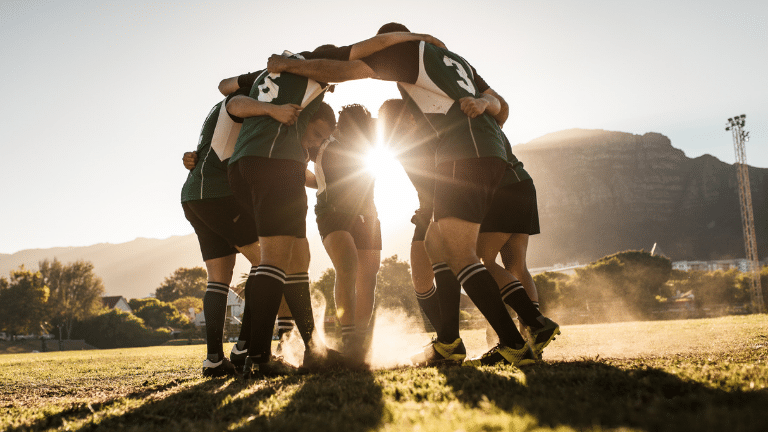
Research comparing the brain health of retired athletes from collision and non-collision sports will be part of a comprehensive and collaborative concussion project being led by the Australian Institute of Sport (AIS).

Research comparing the brain health of retired athletes from collision and non-collision sports will be part of a comprehensive and collaborative concussion project being led by the Australian Institute of Sport (AIS).
The AIS has welcomed $340,000 in Australian Government funding for The Concussion and Brain Health project 2021-24, which will contribute to the evidence and understanding of sport-related concussion and continue to prioritise the health of Australian sport participants.
The Concussion and Brain Health project will begin this year and be delivered by 2024, comprising two major components.
The AIS will work with medical experts and researchers to update the Concussion in Sport Australia: Position Statement, a concussion management resource launched in 2019 and endorsed by more than 50 leading medical and sporting organisations.
Additionally, the AIS is collaborating with the Hunter Medical Research Institute (HMRI), University of Newcastle and University of Canberra on a research program that will assess the brain health of retired elite level athletes. AIS Chief Medical Officer Dr David Hughes said the project would improve the understanding of long-term brain health of retired elite athletes, in both collision and non-collision sports.
“This project will evaluate several domains of brain health in retired elite athletes including neuropsychological assessment, brain imaging, objective somatosensory assessment and potential involvement in a brain donor program,” Dr Hughes said.
“Associate Professor Andrew Gardner of HMRI and the University of Newcastle has been leading one of the largest and most comprehensive brain health research programs for retired athletes in the world, involving in-person evaluations of more than 150 retired elite level collision sport players. The AIS, HMRI, The University of Newcastle and University of Canberra are combining to take this further, recruiting a control group of retired non-collision elite athletes.
“We are aiming to collect data on the brain health of more than 40 retired athletes from non-collision sports every year. This study is available to former elite-level men and women athletes who were not involved in contact or collision sport.”
The AIS launched the Concussion in Sport Australia: Position Statement is a collaboration with the Australian Medical Association, Australasian College of Sport and Exercise Physicians, and Sports Medicine Australia. It will be updated by the start of 2023 and will address the latest evidence on concussion in female athletes, concussion in para-athletes, potential implications for long-term brain health and the utility of specific physiotherapy-guided rehabilitation in the management of concussion.
“This has proved to be a wonderful resource for sport, but we need to ensure it is continually updated to reflect the latest evidence and research, with enhanced educational tools that are easily accessible to all in Australian sport,” Dr Hughes said. “We want all Australians to be able to safely enjoy the many physical and mental health benefits sport can provide.”
HMRI would like to acknowledge the Traditional Custodians of the land on which we work and live, the Awabakal and Worimi peoples, and pay our respects to Elders past and present. We recognise and respect their cultural heritage and beliefs and their continued connection to their land.

Hunter Medical Research Institute
We’re taking healthy further.
Locked Bag 1000
New Lambton
NSW, Australia, 2305



This site is protected by reCAPTCHA and the Google Privacy Policy and Terms of Service apply.
Copyright © 2024 Hunter Medical Research Institute | ABN: 27 081 436 919
Site by Marlin Communications
